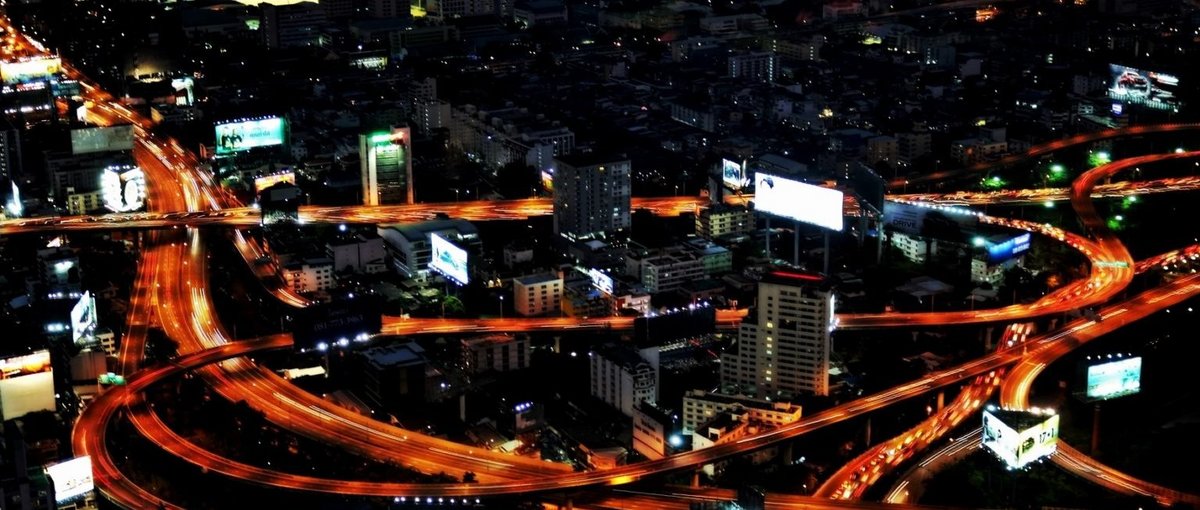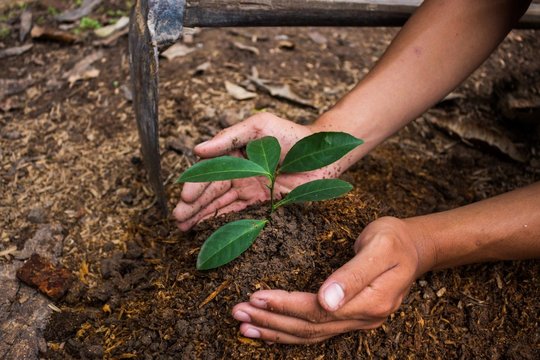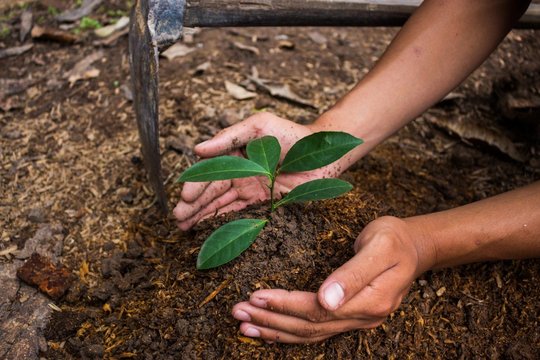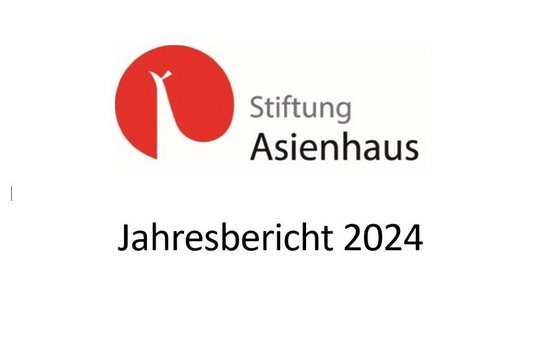According to a recent report by ESCAP, the United Nations (UN) Economic and Social Commission for Asia and the Pacific, Southeast Asia will not achieve any of the 17 Sustainable Development Goals (SDGs) by 2030 at the current pace. According to ESCAP, some considerable progress has been made in implementing individual SDGs, such as poverty reduction (Goal 1) and building resilient infrastructure and sustainable industrialization (Goal 9). By contrast, little has been achieved so far in the areas of
education (Goal 4) and the promotion of sustainable economic growth and decent work (Goal 8).
In some cases, there are in fact signs of backsliding. Greenhouse gas emissions continue to rise, production and consumption, also driven by a growing middle class with greater purchasing power, are leaving an ever-larger ecological footprint, and the conservation and availability of clean drinking water has deteriorated on average. These developments point to the fact that economic growth alone, without sufficient legal frameworks and accompanying measures, is harmful to people and the
environment.
An open discourse on how to shape socially just and ecologically sustainable development is increasingly limited by a return of authoritarian forms of government and the shrinking of civil society space in various countries in the region. One example of cause for concern is the election of Ferdinand Marcos Jr. in the Philippines, who left no doubt during his election campaign that he would use violence if necessary to achieve his political goals. Another country, Indonesia, once a model of democratization, has recently experienced a renewed autocratization of state and society.
In such an environment, it is becoming increasingly difficult for a critical civil society to contribute its own perspectives on sustainable development or to formulate criticism of specific development projects. To make matters worse, the economic indicators seem to confirm that the political and economic elites are right and secure them the support of the population. Economic prosperity has improved significantly in most countries in the region in recent years, outshined development policy, which in the past was often dominated by donor interests from the Global North.
The Asian Infrastructure and Investment Bank (AIIB), established in 2015, created a counterweight to more Western-dominated donor institutions such as the World Bank and the International Monetary Fund (IMF). The Beijing-led AIIB focuses on financing large-scale infrastructure projects and has repeatedly faced accusations in the past that it does not take environmental, social, or human rights standards too seriously.
China's presence in the region – exemplified by the Belt and Road Initiative – also reflects changing political power relations at the global level. For their part, the United States, Europe, and Australia are trying to expand their sphere of influence in the region. Development cooperation is a key instrument in this context, although under the changed global balance of power it is far less suited than in the past to assert political interests of donors in the recipient countries.
For the forthcoming issue 1/2023 of südostasien, we are looking for articles, background reports, analysis, interviews, or photo essays, which among others discuss the following questions:
- What is the role of civil society in the planning and implementation of development projects? Which civil society resistances exist?
- What (alternative) understandings of development exist in Southeast Asia? What empowering approaches to development are there? How are these put into practice?
- What political interests are behind development cooperation in and with Southeast Asia (e.g. geopolitics, economic interests)?
- What are the effects of the emergence of new development actors, such as the AIIB, on development cooperation in SOA? What (new) forms of South-South cooperation in the field of development cooperation can be observed (e.g., IndonesiaAid)?
- How is the public perception of traditional development cooperation actors, often dominated by the Global North, changing in Southeast Asia, also against the background of a postcolonial and sometimes nationalistic (new) self-confidence? And what consequences does this have for the activities of political foundations, NGOs, churches, and human rights organizations, some of which are funded by the Global North?
- What priority is given to sustainable development oriented toward social, ecological, and human rights goals as opposed to an understanding of development primarily oriented toward economic growth and infrastructure development?
We would like to address these issues in various forms: commentaries, background reports, photo essays, portrait essays, interviews, and reviews of films, books, or music on the topic. We look forward to your contributions!
Editorial information:
- Media: Please send us photographs of decent quality matching the article (at least 1000 px width, at least 300 dpi).
- Copyright & Copyleft: Copyright questions should be clarified in advance and the pictures should be labelled (photographer and picture title). Principally, all content is published under a Creative Commons License Attribution (CC-BY-SA 4.0).
- Deadline: Deadline for articles (max. 10,000 characters incl. blank space) is November 1st 2022 (in individual cases and after consultation with the editors, a later deadline may be possible). Please submit a short abstract (max. 1,000 characters) to the editors in advance
Contact to the editorial team:
Monika Schlicher: monika.schlicher(at)asienhaus.de
Nils Utermöhlen: nils.utermoehlen(at)gmail.com
Jörg Schwieger: joerg.schwieger(at)asienhaus.de
Robin Eberhardt: robin.eberhardt(at)gmail.com
Anna Grimminger: aagrimminger(at)gmail.com
Katja Hanke (Reviews): soa_rezensionen(at)asienhaus.de









